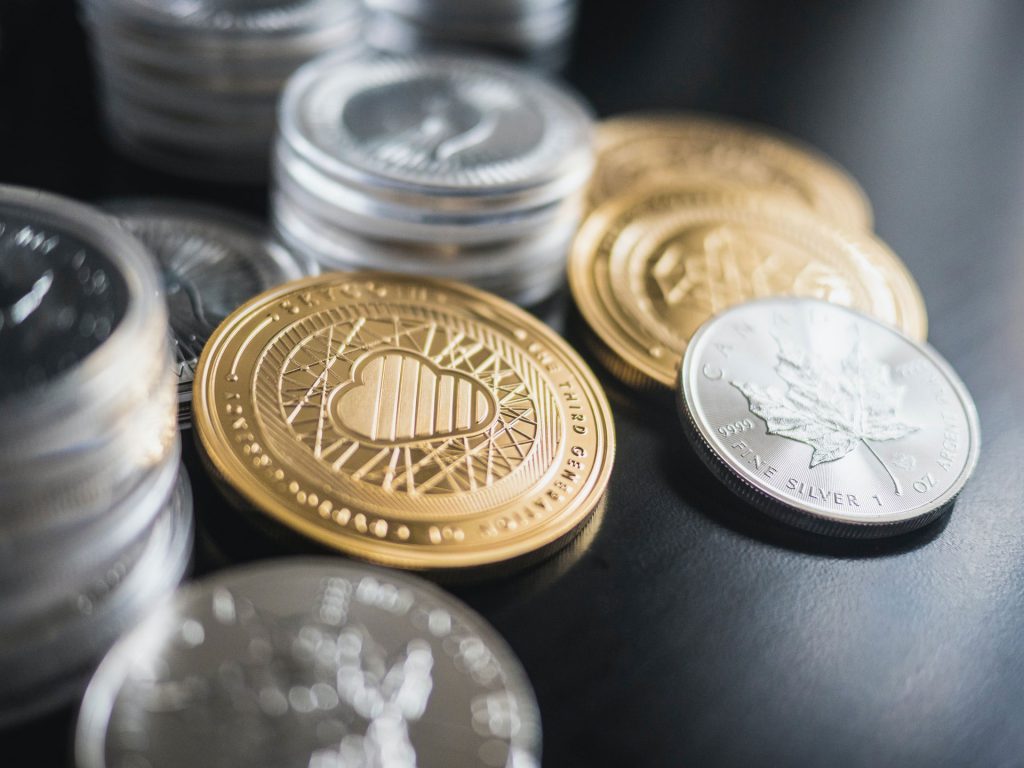The rise of digital assets has created new opportunities — and new risks. Every year, billions of dollars in cryptocurrency are lost through hacks, scams, and user mistakes. Unlike traditional banking, there’s no “forgot my password” button or central authority to recover stolen funds. That means your security is your responsibility.
Here are five essential tips to help you keep your crypto out of harm’s way.
1. Control Your Own Keys
In crypto, the phrase “not your keys, not your coins” still holds true. When you store your assets on an exchange, you’re trusting that platform to keep them safe. If the exchange gets hacked or shuts down, your coins may disappear.
The safest approach is to use a personal wallet — ideally a hardware wallet like Ledger or Trezor. These devices store your private keys offline, protecting them from malware or phishing attacks. For smaller amounts, mobile or desktop wallets with strong encryption can also work, but always back up your seed phrase in a secure, offline location.
2. Enable Strong Security Features
If you must use an exchange or online wallet, maximize every available security setting:
- Two-Factor Authentication (2FA): Use an authenticator app (not SMS) to prevent unauthorized logins.
- Withdrawal Whitelists: Restrict transfers to approved wallet addresses.
- Login Notifications: Receive alerts if someone tries to access your account.
Avoid reusing passwords between crypto and other online accounts. A leaked password elsewhere could expose your funds.
3. Watch Out for Scams and Phishing
Crypto scams have become increasingly sophisticated. Fraudsters often imitate legitimate companies or influencers, promising giveaways or “guaranteed profits.”
- Never click unknown links in emails, DMs, or Telegram groups.
- Double-check URLs — fake exchanges often have addresses that differ by one letter.
- Ignore urgent messages claiming your account is locked or that you need to verify information.
When in doubt, go directly to the official website by typing the address yourself.
4. Keep Your Devices Clean and Updated
Your wallet’s security is only as strong as the device it runs on.
- Keep your operating system and antivirus software updated.
- Avoid downloading unknown files or browser extensions.
- Use a dedicated device for crypto transactions if possible — separate from your everyday browsing and email use.
Also, encrypt your device and back up critical data in secure, offline storage.
5. Think Long-Term and Stay Private
If you plan to hold crypto for years, treat it like a long-term asset.
- Store large holdings in cold storage (completely offline).
- Don’t advertise your holdings online; public bragging can attract hackers or physical threats.
- Keep backups of wallet information in multiple secure locations, such as a safety deposit box or encrypted USB.
Privacy is part of security — the fewer people know about your holdings, the safer you are.

💡 Final Thought
Crypto offers freedom and opportunity, but it demands responsibility. By controlling your own keys, strengthening security, and staying alert to scams, you protect more than your coins — you protect your financial independence.
In crypto, safety isn’t optional — it’s your first investment.